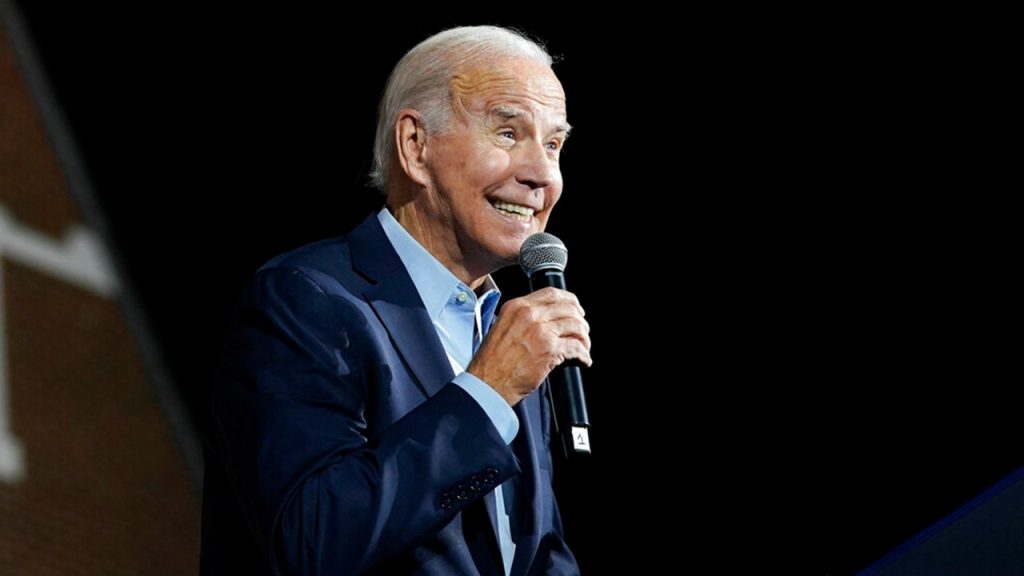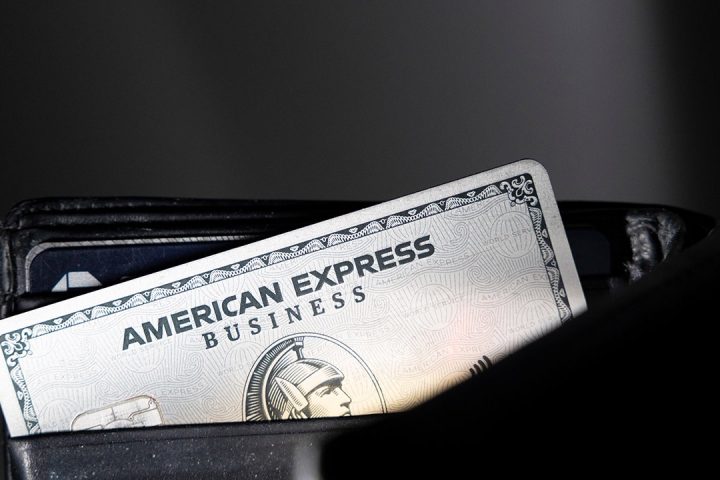Americans’ income plunged as the nation grappled with record-high inflation, according to new data from the U.S. Census Bureau.
Real median household income declined from $76,330 in 2021 to $74,580 in 2022, a 2.3% drop. That marked the third straight year of decline since the onset of the COVID-19 pandemic in 2020.
But even as incomes fall, inflation continued to rise across the U.S. Inflation spiked 7.8% between 2021 and 2022, representing the largest annual increase in the cost-of-living adjustment (COLA) since 1981, the Census Bureau said.
And while inflation and income declines affect Americans across generations, it impacts specific age groups differently. Those between the ages of 45 and 54 faced the deepest cuts to median income, losing 3.0% annually in 2022. Income for those 65 years and older declined 2.1%.
To make ends meet, many Americans have turned to government assistance. In fact, the Supplemental Poverty Measure (SPM) rate– which accounts for government benefits– stood at 12.4% in 2022, an increase of 4.6 percentage points from 2021. This marked the first increase in the SPM since 2010.
The Census Bureau attributes this trend to federal tax policy changes including the expiration of temporary expansions to the Child Tax Credit (CTC) and the Earned Income Tax Credit (EITC), as well as the end of pandemic-era stimulus payments.
If you’re struggling with making your monthly payments and managing your budget, you could consider paying off high-interest debt such as credit cards with a personal loan. Visit Credible to speak with a personal loan expert and get your questions answered.
CONSUMER CREDIT INCREASED BY NEARLY $5 TRILLION
Americans’ credit card debt hits record high
As income dropped and inflation soared, Americans took on record-high credit card debt. In fact, credit card debt reached $1.03 trillion in the second quarter of 2023, according to the latest report from the Federal Reserve Bank of New York. That was an increase of $45 billion from the previous quarter.
And many Americans are depending on credit cards more than ever.
More than a third (35%) of Americans said they will most likely max out at least one of their cards before the end of 2023, according to a survey by Quicken. In addition, 38% said they’d likely need a credit card for expenses they previously weren’t using it for.
But while credit card debt affects adults across all age groups, it seems to be significantly impacting younger generations. More than half (53%) of millennials and 41% of Gen Z said they’re more reliant on their credit cards than ever before, the survey stated.
And this debt can become more severe in the midst of the Federal Reserve’s aggressive interest rate hikes to bring down inflation, which increased 3.7% month-over-month in August – far from the Fed’s 2% target range.
The average interest rate on credit cards hovers at 20.68%, according to data from the Federal Reserve Bank of St. Louis.
However, the average interest rate on a personal loan is 11.48%. Today, many Americans are turning to personal loans to pay off credit card debt. The fraction of personal loans used for credit card consolidation rose by about 54% in the third quarter of 2022 as opposed to the third quarter of 2019, according to a report from TransUnion.
“As the Fed has raised interest rates in hopes of curbing inflation, many consumers have turned to unsecured personal loans as a way to consolidate their credit card debt to get a lower interest rate,” Liz Pagel, the senior vice president and head of TransUnion’s consumer lending business, said in a statement. “After paying off credit card debt and becoming more open to buy on their cards, these consumers not only save on interest over time, but they also see an improvement to their credit scores.”
If high-interest debt is getting in the way of financial goals like saving for retirement, you could consider paying it down with a personal loan at a lower interest rate. Visit Credible to get your personalized rate in minutes.
RECESSION COULD HIT IN OCTOBER IF UNEMPLOYMENT RISES SLIGHTLY: MATHEMATICAL MODEL
How to pay off debt quickly
Although Americans have collectively amassed record debt, there are ways for individuals to pay it off quickly. One option is a personal loan. A personal loan can offer a lump sum payment of anywhere from a few hundred dollars to several hundred thousand to pay off debt, preferably at a much lower interest rate, which could reduce your monthly payments. Personal loans can have fixed interest rates, meaning consumers can expect the same monthly payment. And personal loans could typically be paid off in anywhere from one to five years.
However, consumers should be aware of certain personal loan details. For example, lenders could charge origination fees to process the loan. And some come with prepayment penalties, which means borrowers may owe fees if they pay off their loans before their loan term ends. But many lenders have done away with these fees.
It’s also important to keep up with payments and avoid accumulating more debt.
“Consolidating credit card debt into an unsecured personal loan can be a good option to pay your debt off while freeing up funds in your monthly budget,” Margaret Poe, TransUnion head of consumer credit education, said in a statement. “However, it’s important to pair this with changes in spending habits to ensure that the credit card debt doesn’t return.”
If you’re ready to pay off high-interest debt with a personal loan, you could visit the Credible marketplace to compare options from different lenders without affecting your credit score.
SHOPPING ON AN IMPULSE IS DERAILING AMERICAN BUDGETS – HERE’S HOW TO TAKE CONTROL
Have a finance-related question, but don’t know who to ask? Email The Credible Money Expert at [email protected] and your question might be answered by Credible in our Money Expert column.
Read the full article here







